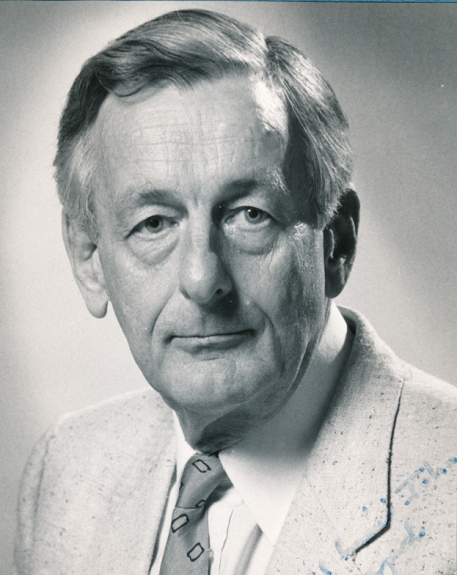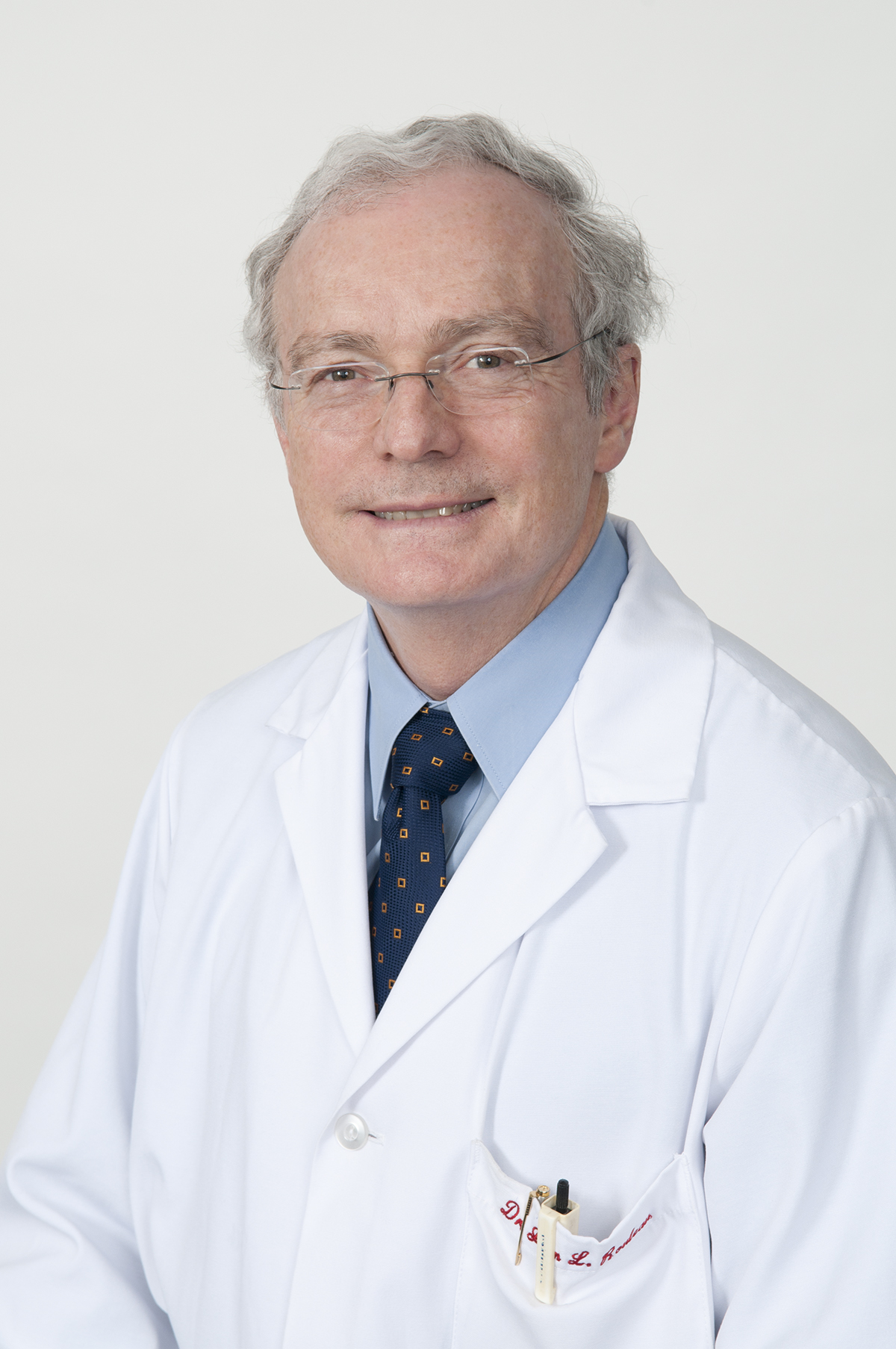1994 INDUCTEE Sir William Osler, MD Patient Care, Health and Medical Education & Training, The Early Days - Health Care Pioneers, Leadership in Organizational Development
July 12, 1849
(Bond Head, Ontario)
December 29, 1919
MD, McGill University (1872)
1912: Honorary DSc, Trinity College
1912: Honorary DLC, Durham University
See All AwardsAwards & Honours:
1912: Honorary DSc, Trinity College
1912: Honorary DLC, Durham University
1911: Baronet
1910: Honorary DSc, Leeds University
1905: Honorary DM, Oxford University
1905: Honorary LLD, Johns Hopkins
1904: Honorary DS, Oxford University
1904: Honorary LLD, Harvard University
1901: Honorary LLD, Yale University
1898: Honorary LLD, University of Toronto
1898: Honorary LLD, Aberdeen University
1895: Honorary LLD, McGill University
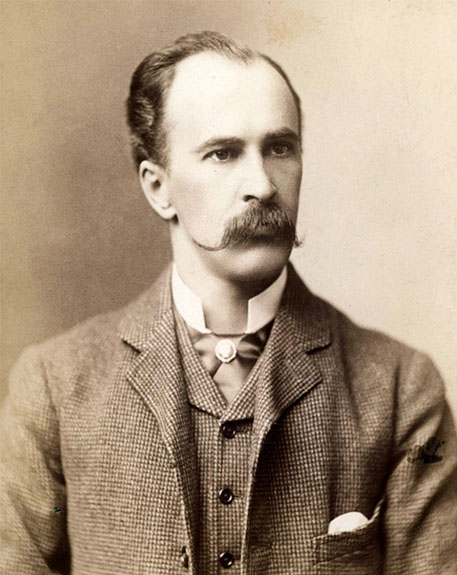
Moved medical education to the wards
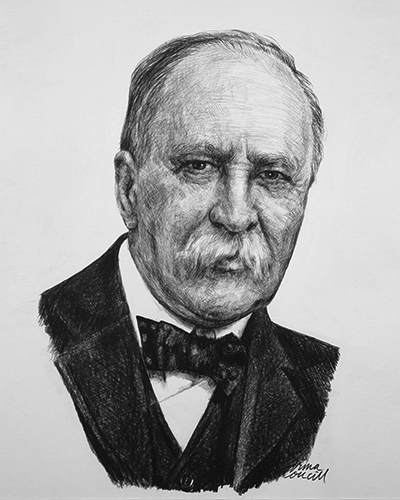
Beloved educator and brilliant pathologist
One of the most influential early leaders in medicine, Sir William Osler was a mentor to thousands of students in his lifetime. His revolutionary approach to medical education and views on patient care were decades ahead of his time. Often referred to as the “Father of Modern Medicine,” his ideas forever transformed the practice of medicine and his principles and methods undoubtedly live on in today’s physicians. In addition to his ground-breaking training methods, Osler brought a sense of humanism to the practice of medicine. His warm, compassionate and eloquent manner of patient interaction, while remaining grounded in strong medical knowledge, transformed the idea of appropriate “bedside manner.”
*Note - content on this page is under review
Key Facts
Introduced modern methods of teaching physiology and Canada’s first course is clinical microscopy
Completed over 1,000 autopsies
Brought students out of the lecture hall and into direct contact with patients
His idea of clinical clerkship developed into the first residency program
His medical descriptions resulted in various conditions bearing his name
Was an avid collector of books
Professional timeline
Impact on lives today
Generations later, Osler’s model for training medical students persists and his once radical principles became the foundation of modern medical education. In addition, his influential writing, leadership and personal charisma established a standard for physician behaviour that remains relevant to modern physicians today.
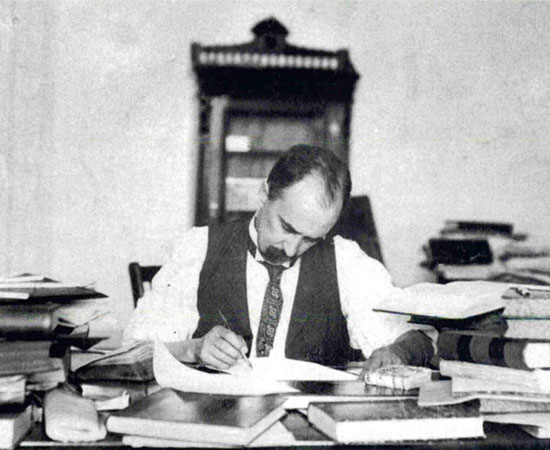
1994
-
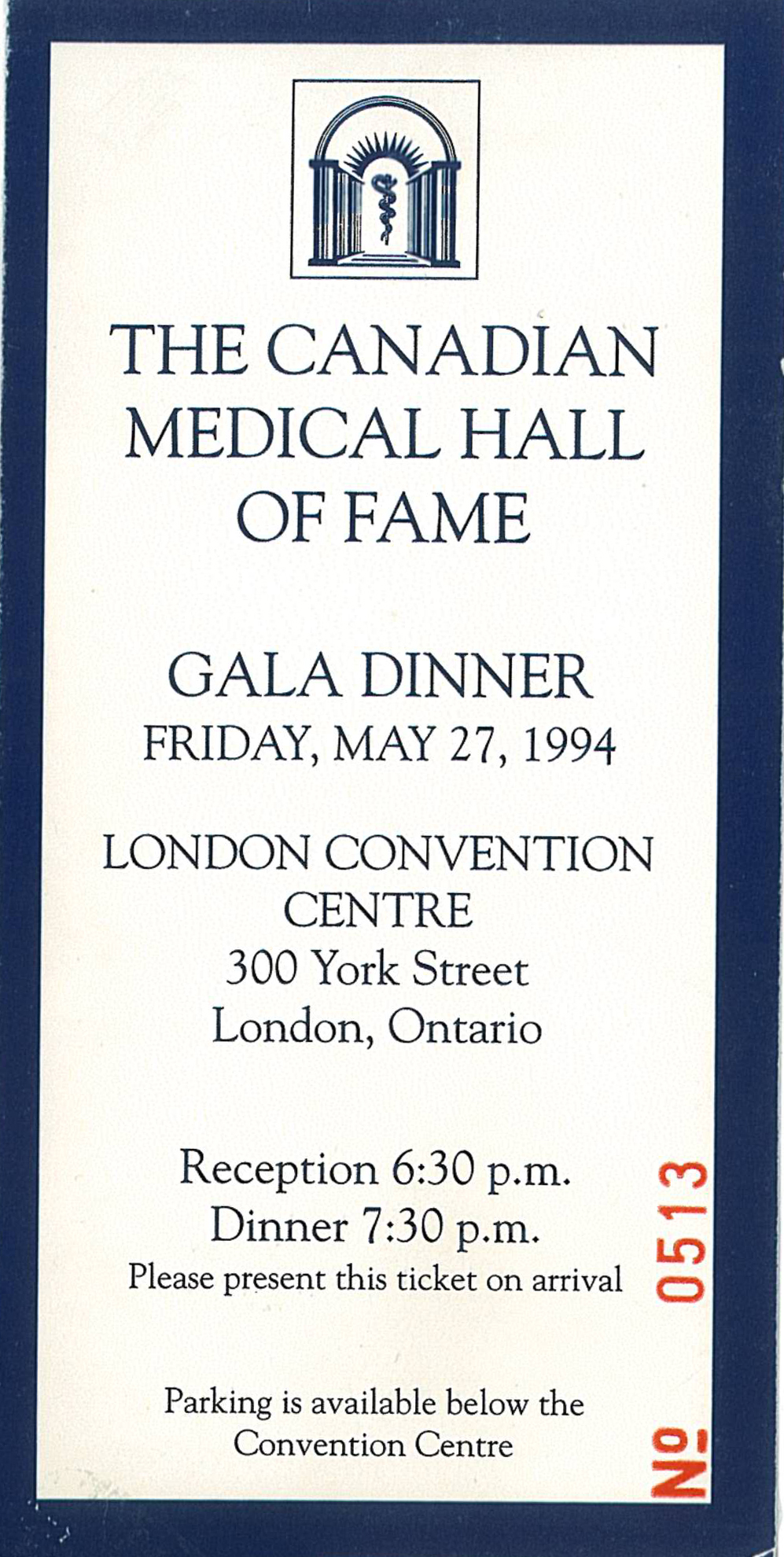
Sir William Osler posthumously inducted into the Canadian Medical Hall of Fame
London, Ontario
-
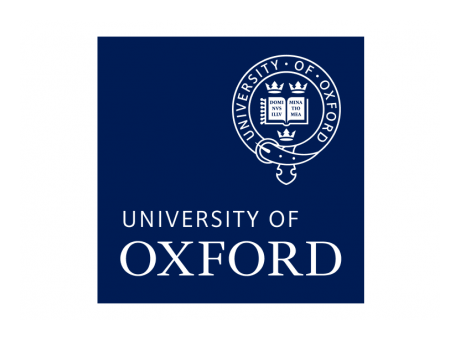
A leading authority in the teaching of medicine, Osler was appointed as Regius Professor of Medicine at Oxford University.
Health and Medical Education & TrainingHis time at Oxford was filled with research as well as frequent interaction with students and colleagues.
-
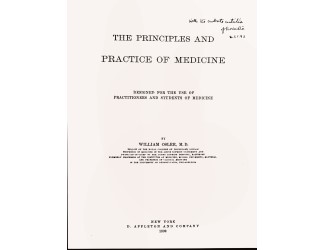
Osler published his popular textbook, "Principles and Practices of Medicine".
Health and Medical Education & TrainingHis textbook is still a classic in the medical field. Over the years, new editions of the text have been published and it has been translated into many different languages.
-
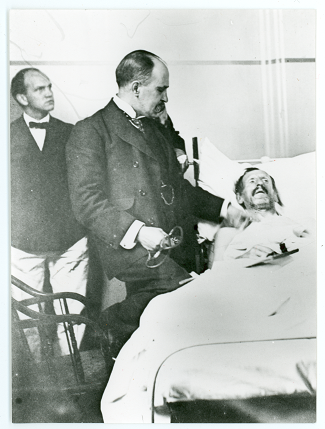
Osler was appointed Chief of Medicine at the new Johns Hopkins Hospital in Baltimore and was instrumental in establishing the Johns Hopkins University School of Medicine.
Health and Medical Education & TrainingHe shifted the traditional academic model of teaching medicine away from the textbook and brought medical students to the bedsides of the afflicted, emphasizing the importance of practical training.
-
Osler was offered a position at the Medical Faculty at the University of Pennsylvania.
Leadership in Organizational DevelopmentHe was given full authority to develop clinical medicine and continued his intensive work in pathology, expanded his clinical activities, and again showed his remarkable capacity for promoting cooperation.
-
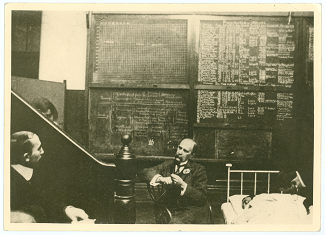
Osler returned to his alma mater and was appointed lecturer at McGill.
Health and Medical Education & TrainingGiven the rank of Professor in 1875, he earned a reputation for teaching and clinical excellence.
-
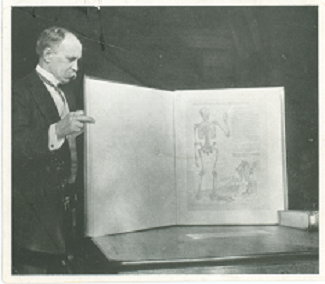
After completing his MD at McGill University, Osler travelled Europe, pursuing post-graduate education
He returned to Canada with definite ideas on how clinical medicine could work more efficiently and with a greater human touch.
-
After completing one year of study in Divinity at the University of Toronto, Osler decided to pursue medicine.
The superior clinical facilities at McGill encouraged him to switch schools for his final years of training.
1868
Listen to your patients, they are telling you the diagnosis.

